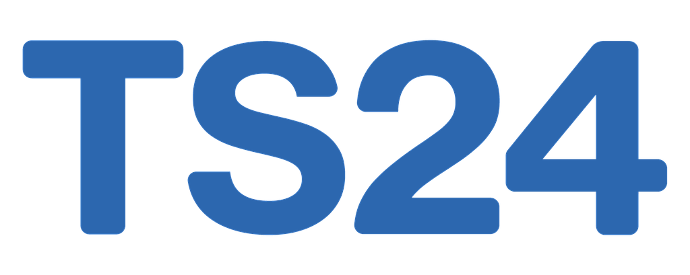The electronic invoice system, serving the business community and taxpayers, has been implemented nationwide since July 1, 2022, by the tax authorities. Currently, businesses, organizations, and individuals engaged in business activities have synchronously transitioned to using electronic invoices instead of traditional paper invoices, bringing numerous benefits to both taxpayers and government management agencies. However, recently, there have been cases where some businesses, organizations, and individuals intentionally exploit the issuance and use of electronic invoices for fraudulent purposes, such as falsifying invoices or engaging in illicit trading. These are violations of the law.
To enhance the effectiveness of tax management, prevent budget loss, combat commercial fraud, and prevent tax evasion, on April 12, 2023, the Minister of Finance issued Circular No. 01/CD-BTC to strengthen the management and supervision of the issuance and use of electronic invoices. Additionally, the General Department of Taxation has also issued Directive No. 01/CT-TCT on April 11, 2023, to reinforce measures for reviewing and inspecting invoices to prevent fraudulent use of invoices.
The Hanoi Tax Department would like to draw the attention of taxpayers to prohibited behaviors during the implementation of tax policies and laws in general, and specifically in the area of invoices and documents. The prohibited behaviors are as follows:
Prohibited behaviors in tax management (as stipulated in Article 6 of Law on Tax Administration No. 38/2019/QH14) include: Collusion, connivance, and cover-up between taxpayers and tax officials or tax administration agencies to engage in transfer pricing, tax evasion, or tax fraud; Causing harassment or disturbance to taxpayers; Taking advantage of the position to misappropriate or unlawfully use tax funds; Intentionally failing to declare or inadequately, untimely, or inaccurately declaring the amount of tax payable; Obstructing tax officials in the performance of their duties.
In addition, the law strictly prohibits the following behaviors: Using someone else's tax identification number to engage in illegal activities or allowing others to use one's own tax identification number in violation of legal regulations; Selling goods or providing services without issuing invoices as required by law, using illegal invoices, or using invoices unlawfully; Distorting information, using it for purposes other than intended, unauthorized access, or destroying the tax information system.
In the field of invoices and documents, prohibited acts are regulated under Article 5 of Decree No. 123/NĐ-CP dated 19/10/2020, specifically:
For tax officials, prohibited acts include: Causing inconvenience and difficulties to organizations and individuals when purchasing invoices and documents; Engaging in collusion or providing cover for organizations and individuals to use illegal invoices and documents; Accepting bribes during inspections and audits related to invoices and documents.
For individuals and organizations providing goods and services, the Decree 123/2020/ND-CP stipulates the following prohibited acts:
- Engaging in fraudulent activities such as using illegal invoices or using invoices unlawfully;
- Obstructing tax officials from carrying out their duties, specifically engaging in actions that harm the health and dignity of tax officials during the inspection and examination of invoices and documents;
- Illegally accessing, tampering with, or damaging the system of information on invoices and documents;
- Offering bribes or engaging in other related acts concerning invoices and documents for illicit gains.
The specific administrative penalties for violations related to taxation and invoices are provided in Decree 125/2020/ND-CP dated October 19, 2020, issued by the Government. In this Decree, the use of illegal invoices or the use of illegally obtained invoices can result in fines ranging from 20,000,000 VND to 50,000,000 VND (as stipulated in Article 28 of the Decree). Penalties for tax evasion are also specified in Article 17 of this Decree. Furthermore, acts of tax evasion can be subject to criminal prosecution according to the regulations specified in Article 200 of the 2015 Penal Code, as amended and supplemented by points a and b of Clause 47 of Article 1 of the 2017 amended Penal Code.
ĐĂNG KÝ DỊCH VỤ THUẾ ĐIỆN TỬ T-VAN TaxOnline



